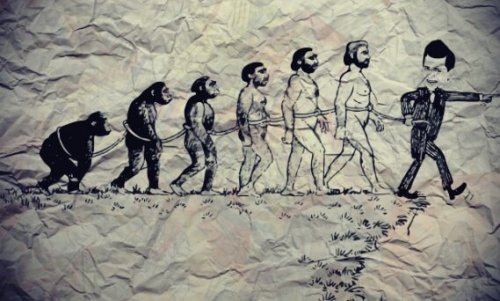
However, it is one thing to read Marxism back into Hegel, it is another to generate it out of Hegel.) Three years after Sartre we find Jean Hyppolite again saying that the dialectic of domination and servitude is the best-known section of the Phenomenology because of ‘the influence it has had on the political and social philosophy of Hegel’s successors, especially Marx’. (Kojève may have assumed that Marx himself read it in the same way. Kojève presents a reading of the Phenomenology which centralizes the place of the Master–Servant dialectic in it, in a quasi-Marxist interpretation. Probably this remark reflects the influence of Alexandre Kojève’s lectures on Hegel in the nineteen-thirties. Sartre does not explain how he knows this. This view was first popularized by Jean-Paul Sartre, who refers in his Being and Nothingness (1943) to ‘the famous Master-Slave relation which so profoundly influenced Marx’. There is a widely held view that Marx was profoundly influenced by the Master–Servant (‘ Herrschaft und Knechtschaft’) dialectic in Hegel’s Phenomenology of Spirit. Used with permission of New Left Review for non-commercial, educational purposes only, and no permission is granted to reproduce the text. Revised by the author for Marx Myths & Legends. Source: Originally published in the New Left Review, November-December 1983, pp. Chris Arthur Hegel’s Master-Slave Dialectic and a Myth of Marxology

Hegel's Master-Slave Dialectic and a Myth of Marxology


 0 kommentar(er)
0 kommentar(er)
